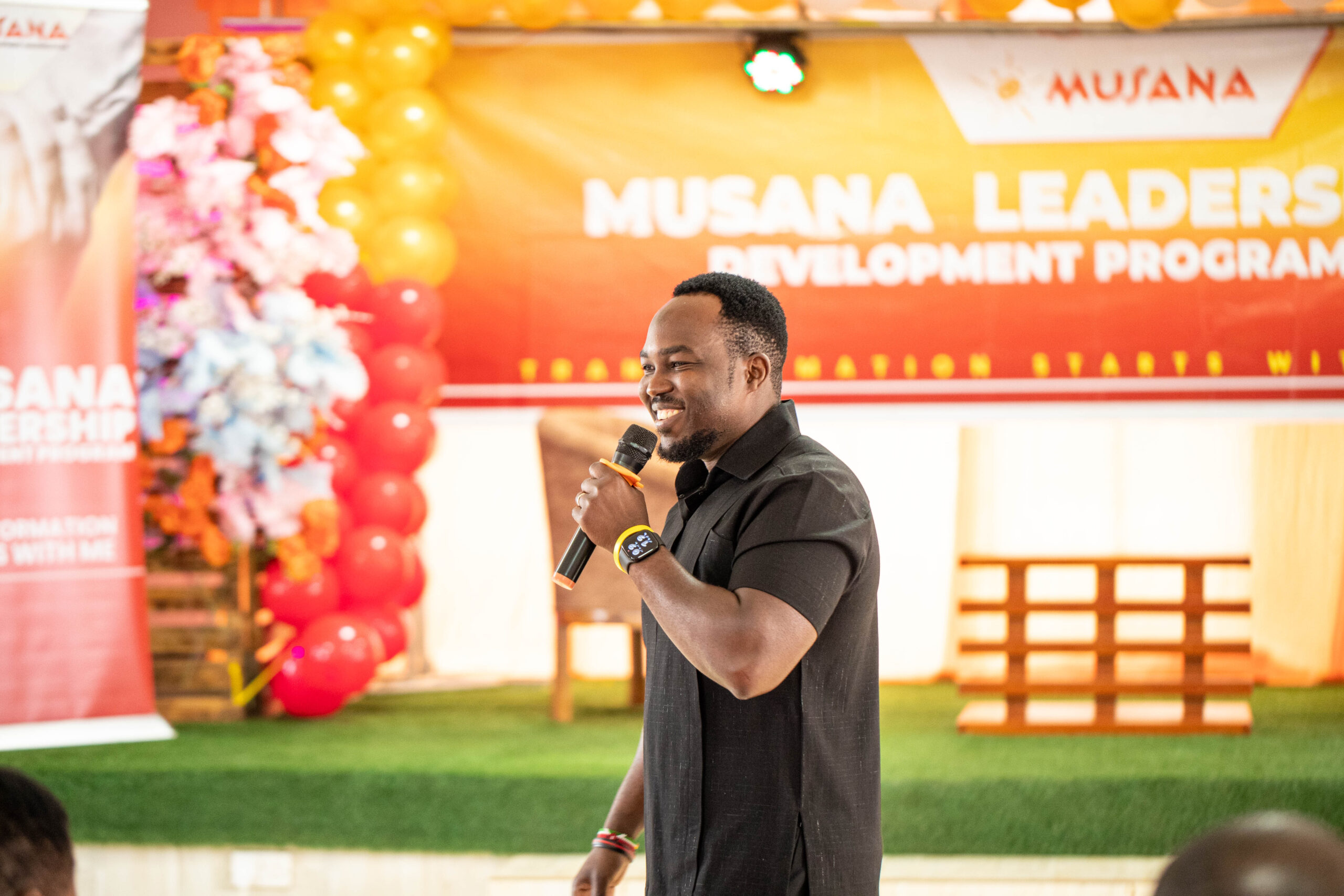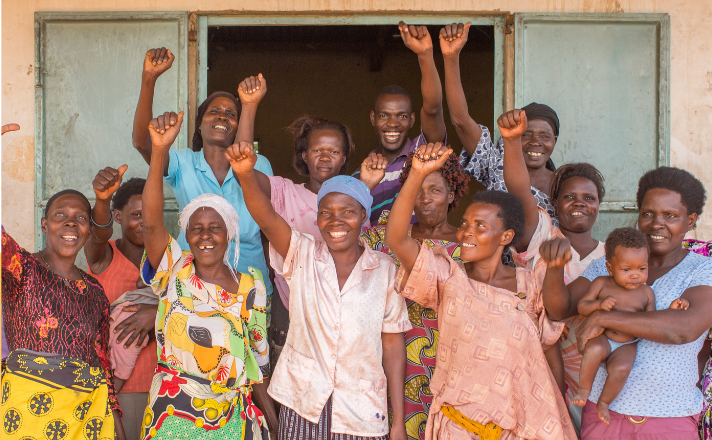The British Church has a long, rich history of mission. Generations have gone out with courage, compassion, and a deep desire to share the love of Jesus. I honour that and have seen firsthand the incredible work done by missionaries, churches and evangelists with a genuine heart to reach Africa.
Whilst I’m grateful for their labour and commitment, times have changed and we now have a challenge which must be addressed. It’s time for the British church to rethink the way it does mission and face the fact that some of its well-intentioned outreach habits are actually doing more harm than good.
For nearly 20 years, my wife Andrea and I have built Musana in my native Uganda – a powerhouse of 19 social enterprises including hospitals, schools and hotels. We employ 740 staff and see tens of thousands of lives transformed each year. The kicker? Our African-run social enterprises turn a profit – £500,000 last year alone – fuelling change without the ongoing need for Western aid. It’s a unique model but it seems to be working and it allows my fellow Ugandans to support their own people. Profits we generate are used for education scholarships, free health services, and programs for kids with disabilities.

Having recently launched Musana UK, the response so far in Britain has been brilliant. We’ve spoken to charity sector experts, MPs and government civil servants, foundations and business leaders.
But this summer we have a new audience – the British church, and we’re so excited.
We will be meeting with Christian leaders across the UK and also making our first appearance at the New Wine Festival. Our aim isn’t to criticise but to challenge and ask questions on the subject of missions.
We don’t want to become just another charity that collects money from well-meaning churches. We want to spark a new kind of partnership – but first we need a rethink. Here are five areas that need to change:
1. Child Sponsorship: From dependency to dignity
The model of one child, one sponsor and one photo is familiar, but sadly out of date. It often creates dependency, isolates children from their communities, and centres the sponsor rather than the child’s long-term wellbeing. Many organisations are now closing down their child sponsorship streams. Do you sponsor a child? If so, don’t feel guilty! We started Musana with a child sponsorship programme – but times have changed. Let’s invest in communities – not follow a gimmick that creates dependency.
2. Mission Trips: From saving to listening
Mission trips have become a rite of passage in many British churches. But too often, they’re more about the visitor than the visited – fuelling emotional highs, quick fixes, and sometimes, unconscious saviourism. We all love a selfie don’t we!? Real mission requires listening before speaking, learning before doing. Jesus did not come to impose heaven, but to dwell among us. What if short-term trips focused on relationships rather than rescue? What if they were about witnessing what God is doing through local leaders and learning from them?
3. Giving: From pity to partnership
British generosity is extraordinary. But if we’re not careful, giving becomes a one-way street – fuelled by pity, not partnership. The early Church modelled a different way. The Apostle Paul wrote: “In the midst of a very severe trial, their overflowing joy and their extreme poverty welled up in rich generosity,” – 2 Corinthians 8:2. Giving was mutual. Believers gave to each other, not just from wealth to need. At Musana, we invite the British Church not to give to us, but to build with us. Support local leaders. Trust local vision. Be part of a story where everyone brings something to the table.
4. Leadership: From Western control to local ownership
Many missions are still run from Western boardrooms. Decisions are made far from the people affected by them.
That must change. At Musana, 100 per cent of our programmatic leadership is Ugandan. We are not a project. We are a movement.
Empowerment doesn’t happen when you delegate tasks – it happens when you release authority. The Church in Acts grew not because apostles controlled everything, but because they equipped local believers to lead in their own contexts. Let’s trust locals to lead and grow!
5. Narratives: From poverty to potential
The stories we tell – especially in fundraising – too often reduce Africa to suffering and sadness. This is not the full truth.
Africa is full of entrepreneurs, pastors, teachers, dreamers, and doers. Our job is not to highlight our weakness for your response; it’s to declare our God-given potential and celebrate a mission that honours God and celebrates dignity, not desperation.
Musana UK: A different Invitation
We are not only looking for donors to fund our work. We are inviting partners to co-labor with us – to stand with African leaders and support solutions born from within the communities they serve.
To my brothers and sisters in the British Church: Let’s reject the outdated models of mission that elevate one culture over another. Let’s bring change. For good. May our motives always be pure and may we be part of a Movement that changes and transforms nations – with the greatest message ever told at our core.
*Haril will be at New Wine Festival from July 30-Aug 4, where Musana is sponsoring the Mini Top venue. Come say hi!



